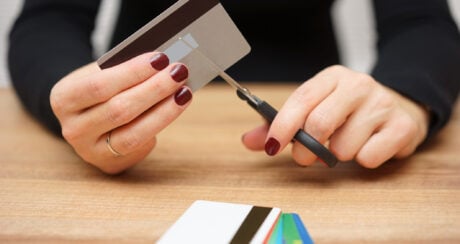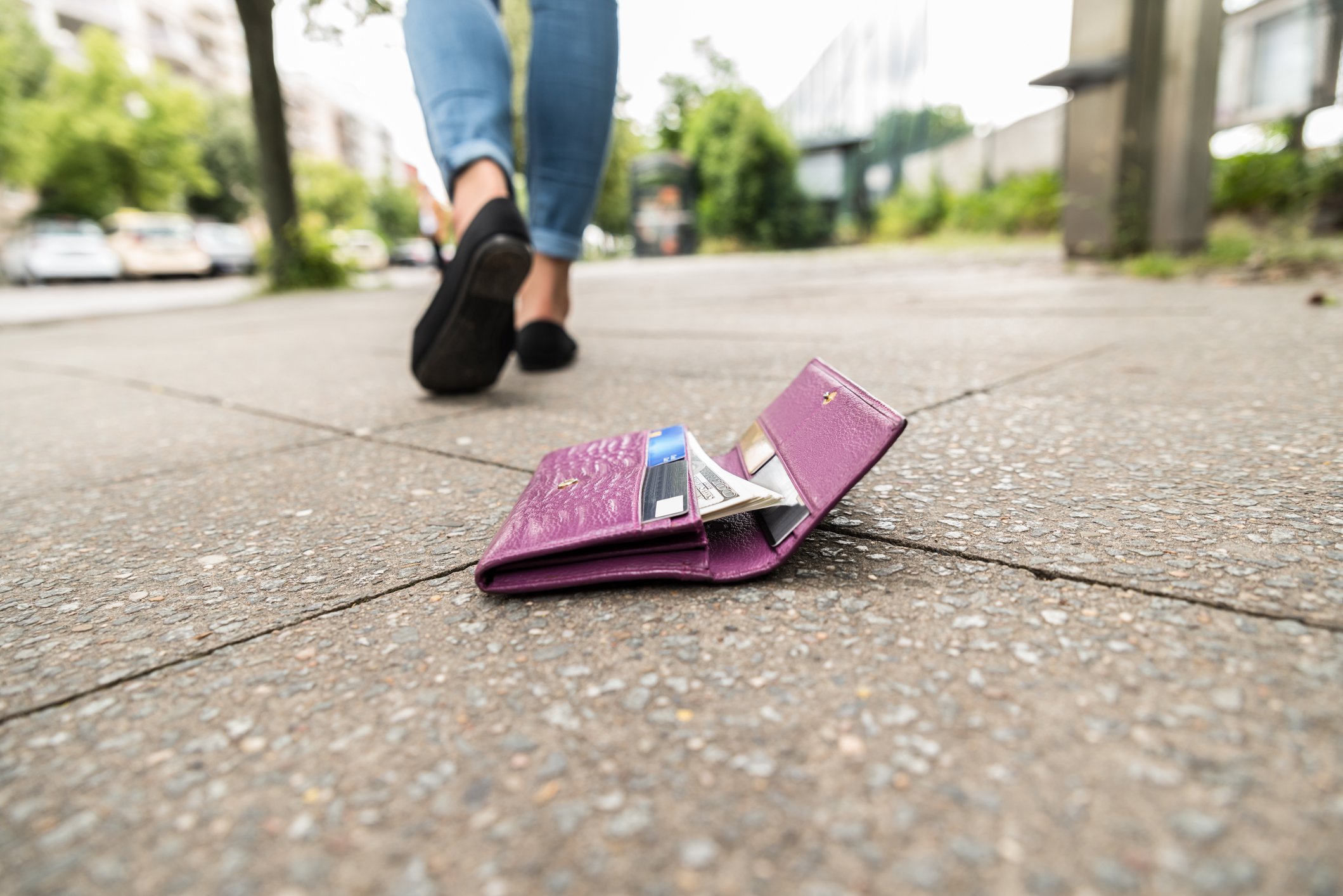It’s a nightmare. You’re at the register, reach into your wallet for your credit card, and it’s not there. The feeling of shock is hard to describe, but many of us have been there. Whether your credit card is lost or stolen, you need to act fast — not just to find out what’s happened but also because taking steps now will help later if a fraud investigation is required.
Here’s what to do when you realise you’ve lost your credit card.
First, understand what is at risk
So, what happens if you lose your credit card? You risk it falling into the wrong hands, which could mean fraudulent charges and getting roped into credit card scams, among other issues.
Start to keep an eye out for fraud by checking your credit card account and carefully reviewing your statements. If you notice any suspicious activity or unusual purchases on your account, contact your bank immediately and alert them to any concerning transactions you’re aware of so they can keep your account safe.
If you notice a charge you don’t recognise, don’t panic. The good news is that Visa, Mastercard and American Express cards all come with a zero-liability fraud protection guarantee, which means you shouldn’t be liable for unauthorised transactions.
Next, lock your card
If you’re not sure what happened to your credit card, one thing you can do is buy yourself some time to retrace your steps. You can easily do this by temporarily locking your card. That will block new transactions while keeping recurring payments, such as direct debits, active. That way, if anyone has their hands on it and wants to go shopping, they won’t be able to use it.
Locking, sometimes called ‘blocking’ or ‘freezing’, your card is easy, especially if you’re set up for mobile and internet banking, as you can log in to your account and opt to lock your card. If you’re not set up for mobile banking, call the bank.
Bear in mind that the card may automatically unlock after some time (usually about seven days). Hopefully, the matter will already be sorted by then. If not, keep the card locked until you decide what to do next.
Still missing? Contact your issuer
If your card is still nowhere to be found after you’ve locked it, it’s time to alert your issuer and cancel the card. You can request this online or over the phone with your bank. You can also usually cancel the card yourself and order a replacement through the bank’s mobile and internet app.
Many banks offer a temporary virtual card that you can use to access your funds while waiting for your replacement. Once the new one arrives, make sure to activate it immediately.
» MORE: Does cancelling a credit card affect your credit rating?
Limit the damage if it was stolen
Losing your credit card is annoying because you’ll need to conduct some damage control. The situation worsens if you discover it was stolen and you’ve been the victim of credit card fraud. Still, staying calm and acting fast is essential to limit the damage.
Report the scam
If you’re sure a thief stole your credit card, contact the police and file a police report. Each state or territory has its number, which you can find online. Or, you can call the police assistance line on 131 444.
It’s also important to report the scam to the Australian Competition and Consumer Commission (ACCC) by completing a short online form. By making the ACCC aware of the fraud, they can warn others.
Check your credit report
While you’re at it, arrange for a free copy of your credit report from one of the credit reporting agencies — Experian, Equifax and illion — to check that no one has used your name or identity to run up any debts.
» MORE: What to know about credit reports in Australia
How to prevent another lost card
Mistakes happen, and sometimes credit cards go missing for reasons beyond your control. Still, you can take steps to reduce the chances of losing your card.
Keep your cards secure
The first thing you can do is to make sure you always activate new cards as they arrive. Ensure they’ve been signed and you’ve chosen a safe PIN.
Give your cards a home
Allocate one spot — such as in your wallet or desk at home — for each of your cards, and remember to always put them back in that spot. Then promise yourself you won’t leave your card on the table when eating out or at a bar. Additionally, resist the temptation to toss your card in your bag or pocket after using it or to leave it sitting out at home.
These tips may seem obvious, but they prevent common mistakes that put your cards at needless risk.
Take inventory
Know what’s in your wallet and when. Avoid taking all your cards with you when you go out. Instead, take only the ones you need and leave the rest in a safe place at home. You’ll be glad you got into this habit if you ever lose your wallet.
Download your credit card issuer’s app
Do this now so you can quickly lock your card the second you notice it is missing in the future. You can also set up push notifications or transaction alerts to be notified whenever money goes in and out of your accounts. You’ll be kept in the loop and be able to detect fraudulent activity instantly.
DIVE EVEN DEEPER

How To Pay Off Your Credit Card
Tricks to paying off credit cards include repaying more than the minimum, consolidating debt, using a balance transfer, and other debt relief strategies.

What To Know About CVV and CCV Numbers in Australia
CVV stands for ‘card verification value’ — it’s a three- or four-digit security code found on debit and credit cards that helps protect against fraud.

How To Cancel A Credit Card The Right Way
Before you cancel a credit card, know your reason, check transactions, pay off your balance, and redeem your rewards.

How To Lock, Block Or Freeze Your Credit Card
A card lock is essentially an on-off switch that allows you to temporarily freeze or block your credit card and most debit cards.

